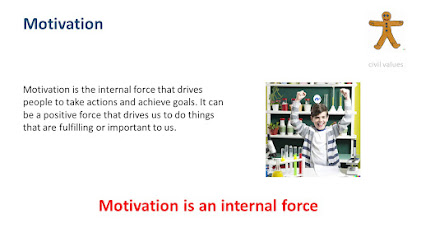Welcome to unit 2 of Civil Values! This unit is called: Responsibility and personal autonomy.
You can make a cover as homework, inspiring yourself in things that resemble these two words: "Responsibility" and "Autonomy". For example, you are responsible when you tidy up your room and you are autonomous when you look every day the blog and Milton.
Critical Thinking
Critical thinking is a set of skills of mind, including the ability to define a problem, analyze ideas, and reason critically, and then create solutions, using logical reasoning.
It also includes the ability to make creative connections between ideas from different disciplines.
 |
| Gingerbread can always help you! |
American philosopher, psychologist, and educator, John Dewey (1859–1952) defined critical thinking as active and careful consideration of a belief or supposed form of knowledge.
It involves actively subjecting ideas to critical scrutiny, rather than passively accepting their value. You can ask yourself: Is this really true?
Critical thinking is about helping you develop reasoning skills. A critical thinker will ask the right questions rather than just saying, “yes, this is the right answer”. They will analyze things and look at the reasons for them and all the alternatives.
 |
| Think and ask questions! |
Critical thinking is one of the most valuable cognitive skills because it allows us to use discipline and logical skills to solve problems. It is also important for your brain and cognitive development.
These skills are necessary in getting you ready to understand how things work in the real world and come up with creative ideas.
Besides gaining problem-solving skills, being able to think independently will allow you to resist peer pressure, form your own opinions and trust your own thinking.
 |
| You must have your own ideas |
However, prejudice, narrow-mindedness, emotion, or dogma can easily diminish its usefulness.
When facing complex problems, people who are not used to critical thinking usually rely on simplistic, but often inaccurate or outdated, representations of the world propagated by mass media.
Activities
1. Explain in your own words what is critical thinking. Do it in groups with a debate.
2. Two students present the ideas of the group in front of the class. Choose it by rock, paper scissors.
3. Find 3 examples of critical thinking.
4. Do emotions help us to think better? What do you think?
5. Find on internet what is a dogma






















































